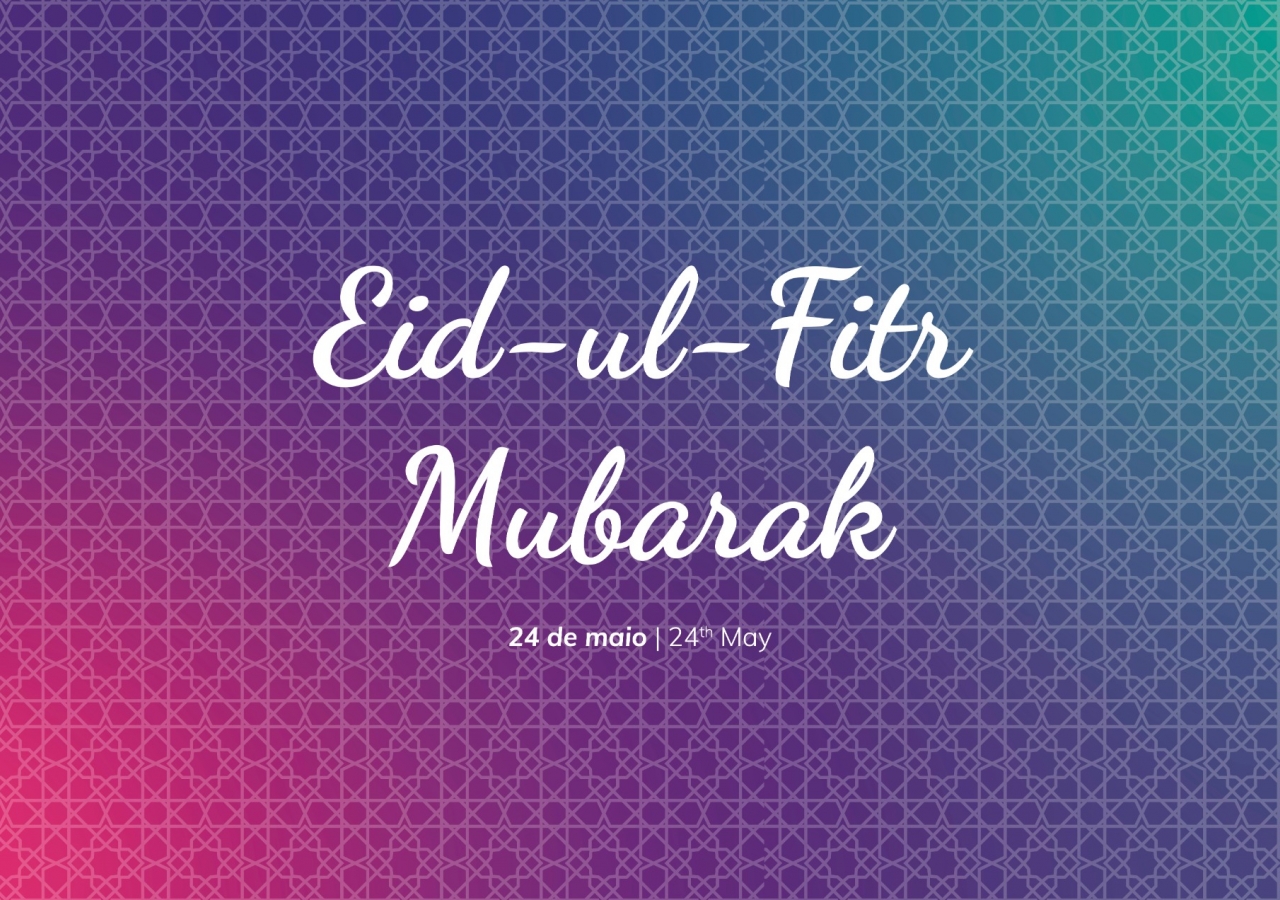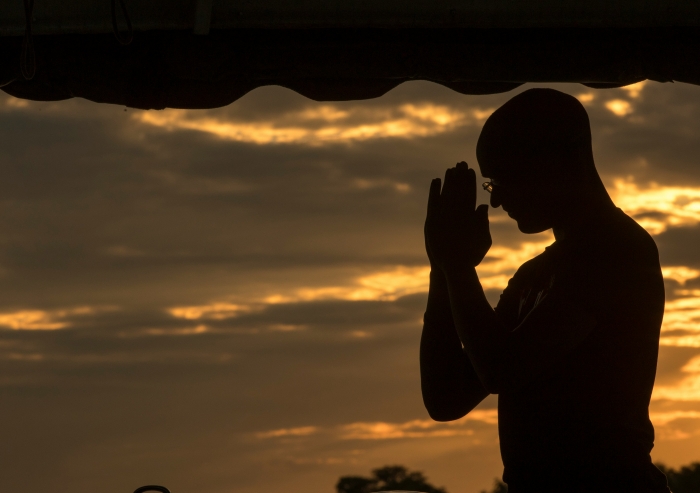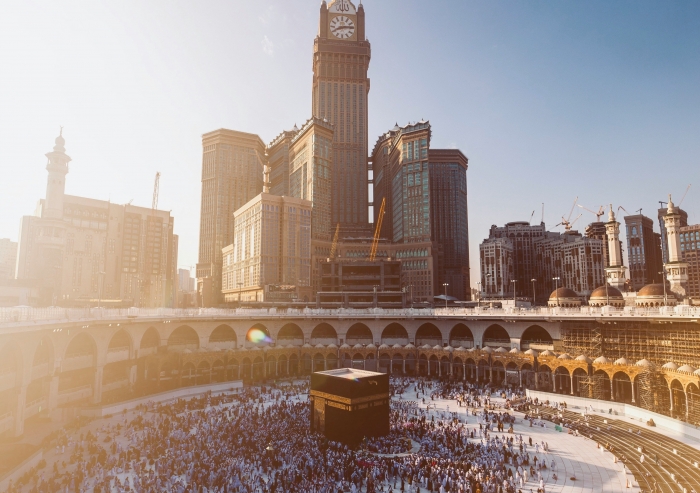The phrase Eid-ul-Fitr is composed of two words: Eid meaning a recurring festivity; and Fitr meaning to break, referring to the breaking of the cycle of fasting.
In the year 948 CE, the Fatimid Imam-Caliph Mawlana al-Mansur, ‘alayhi-s-salam, delivered a khutba on the day of Eid at al-Mahdiyya in which he said:
“Indeed, most truly, did God, the Mighty and Glorious, make this day of yours a feast of greater importance than other days. He seals with it a month more excellent than other months”.
In our tradition, Eid is both a personal and a social festivity. It is a time to maintain the practice of prayer and self-restraint to enhance taqwa, that is God-consciousness, in our lives.
In the Nahj al-Balagha, Imam ‘Ali says:
“Every day in which one does not commit a sin is [a day of] Eid”.
Eid-ul-Fitr is also an opportunity to reaffirm the values of generosity, compassion and kindness. These values are practiced through acts of charity and sharing the bounties of Allah, especially with those who are less fortunate, contributing to the well-being of the Ummah and the society at large.
In a speech delivered in Islamabad, Pakistan, on 17th October 2000, at the inauguration of the Centre for Philanthropy, Mawlana Hazar Imam emphasised the nature and purpose of charity. He said:
“Human dignity - restoring it, and sustaining it - is a central theme. Enabling individuals to recover and maintain their dignity, as befitting their status as Allah’s greatest creation, is one of the main reasons for charitable action. There is dignity in the individual’s ability to manage his or her destiny. That being the case, the best of charity, in Islamic terms, can go beyond material support alone. It can take the form of human or professional support such as the provision of education for those otherwise unable to obtain it, or of the sharing of knowledge to help marginalised individuals build different and better futures for themselves”.
This approach to charity is manifested through the institutional endeavours of the Aga Khan Development Network (AKDN). The AKDN institutions put into practice the values of Islam by serving those who need support to achieve self-reliance and to improve their quality of life.
Let the occasion of Eid-ul-Fitr become a catalyst for us to reflect on these values and actively find ways to put our values into action.








